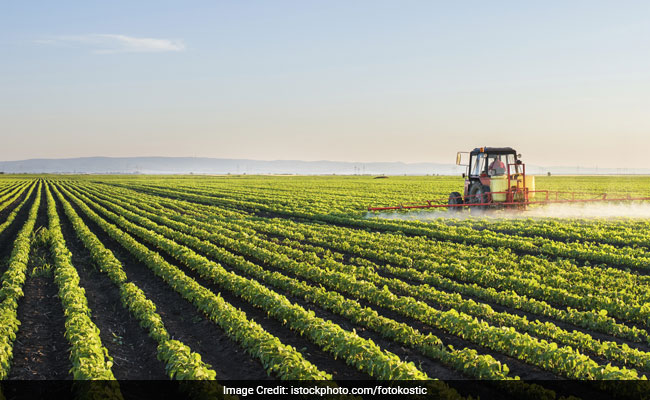Climate change is one the biggest problems that the world is facing. Its impending implication on the life of people on Earth is a cause of grave worry. Among all other effects that climate change may bring upon us, food insecurity is one such grave that we are looking at. According to a recent study, climate change may reduce the ability of soils to absorb water in many parts of the world. And, this could seriously have adverse effects on groundwater supplies, food production and security, stormwater runoff, biodiversity and ecosystems. The findings of the Rutgers-led study were published in the journal Science Advances.
Climate change may reduce the ability of soils to absorb water in many parts of the world. According to the researchers, carbon is stored soil with the help of water. Carbon dioxide is one of the main greenhouse gases associated with climate change. Changes in soil could change the level of carbon dioxide in the air in an unpredictable way.

co-author Daniel Giménez, a soil scientist and professor in the Department of Environmental Sciences at Rutgers University-New Brunswick said, "Since rainfall patterns and other environmental conditions are shifting globally as a result of climate change, our results suggest that how water interacts with soil could change appreciably in many parts of the world, and do so fairly rapidly,"
A Rutgers-led team of scientists assessed a 25-year experiment in Kansas that involved irrigation of prairie soil with sprinklers, and realised that a 35 percent increase in rainfall led to a 21 percent to 33 percent reduction in water infiltration rates in soil and only a marginal rise in water retention was seen.
We propose that the direction, magnitude and rate of the changes should be measured and incorporated into predictions of ecosystem responses to climate change,” Daniel Giménez.










